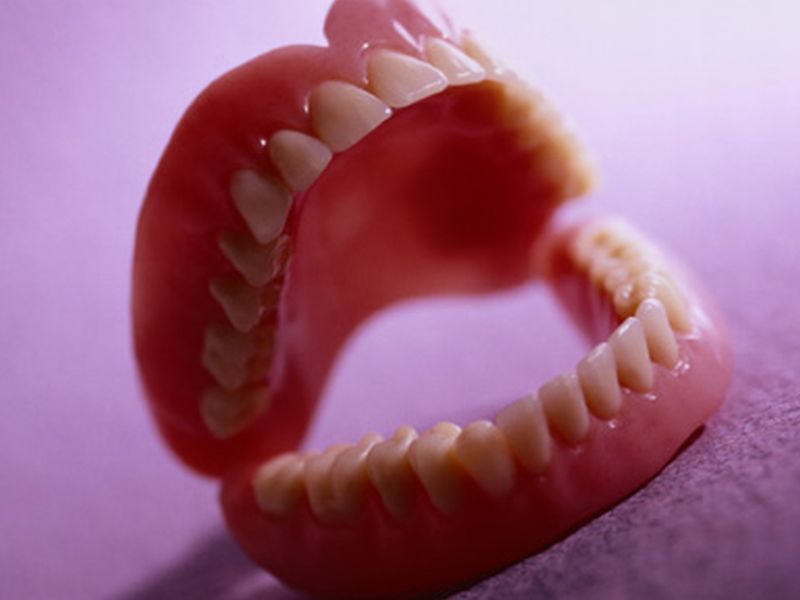
Meningococcal disease — which includes meningitis — appears to be on the rise among Americans infected with HIV, new research reveals. Researchers stress that the risk to any one person remains exceedingly rare, regardless of their HIV status. Each year between 2017 and 2021 HIV-positive patients accounted for five to 15 cases of the bacterial… read on > read on >






























